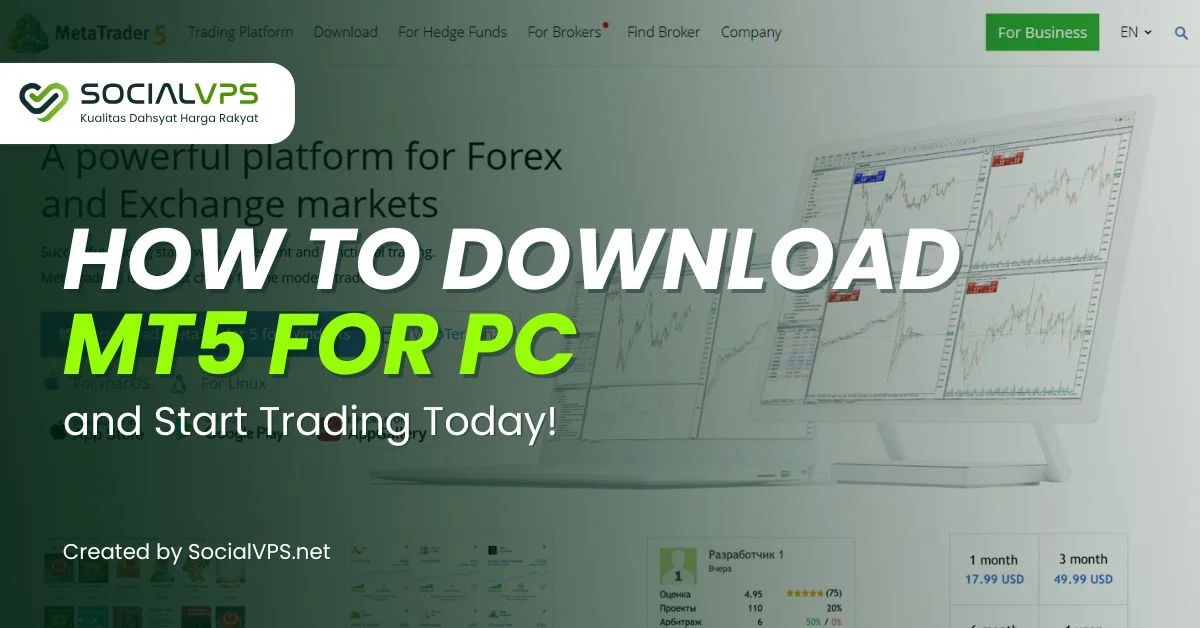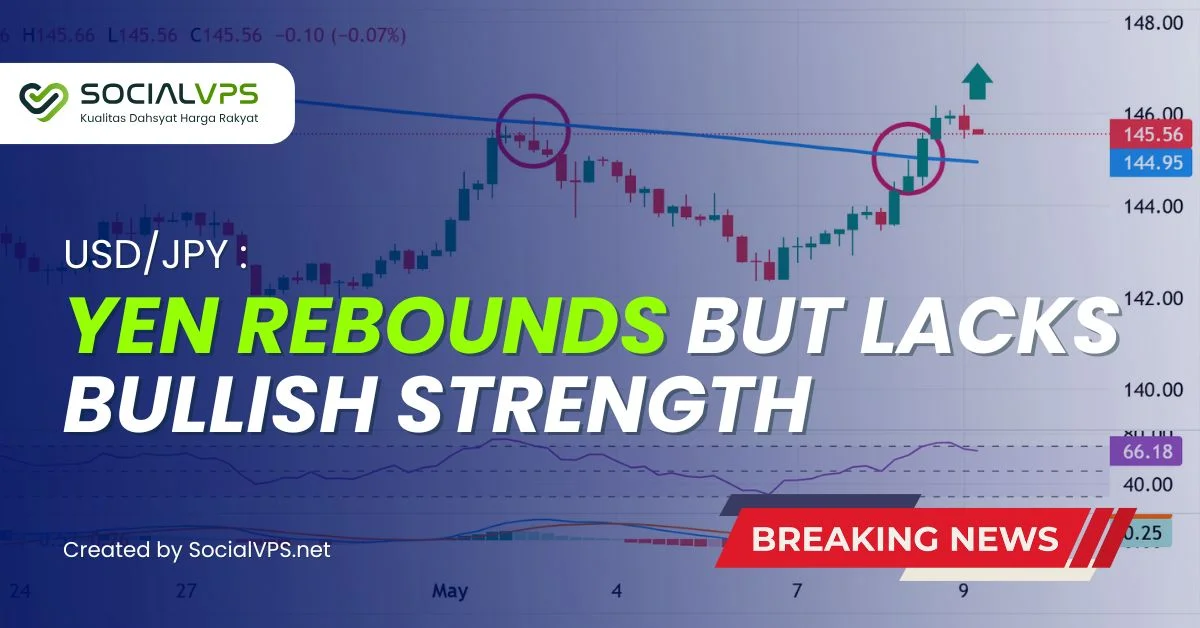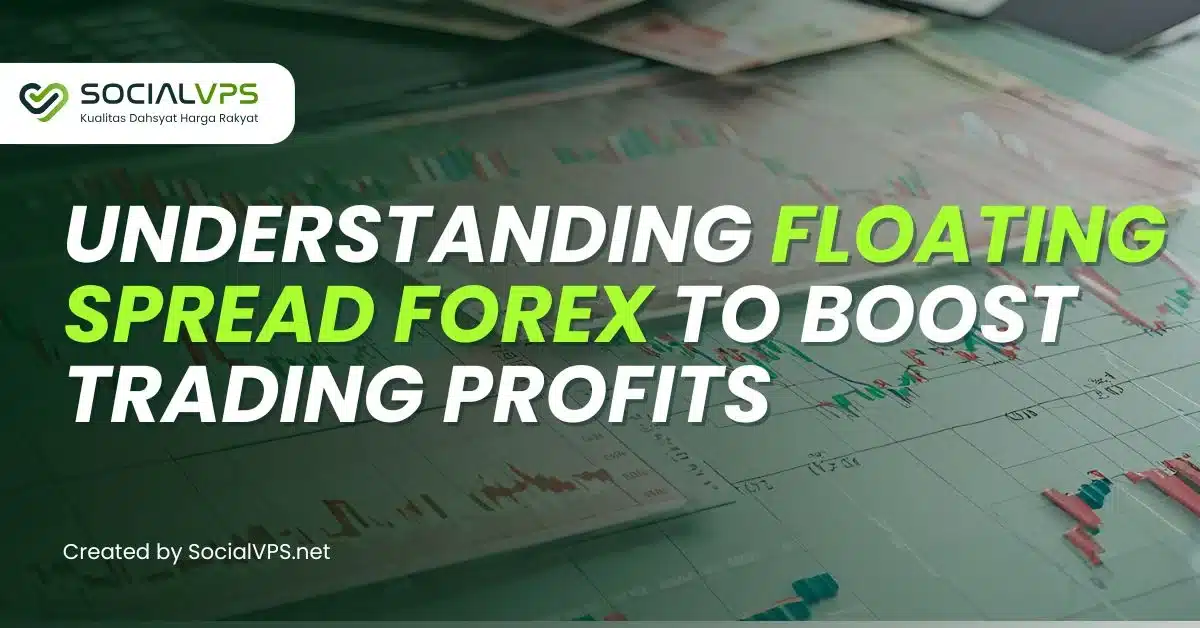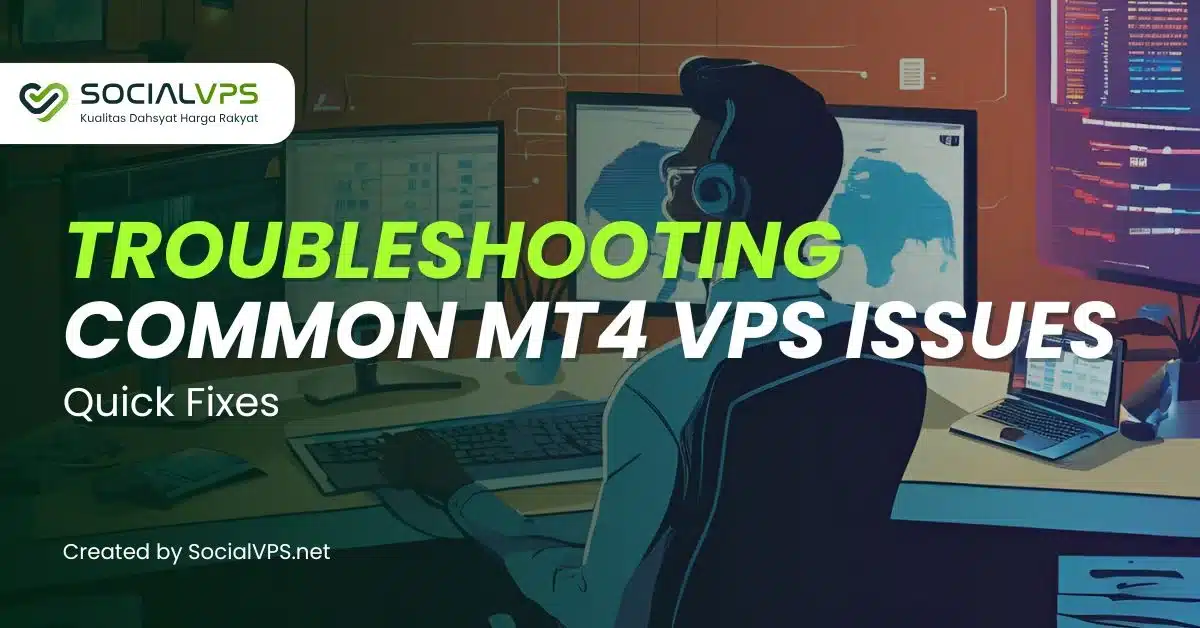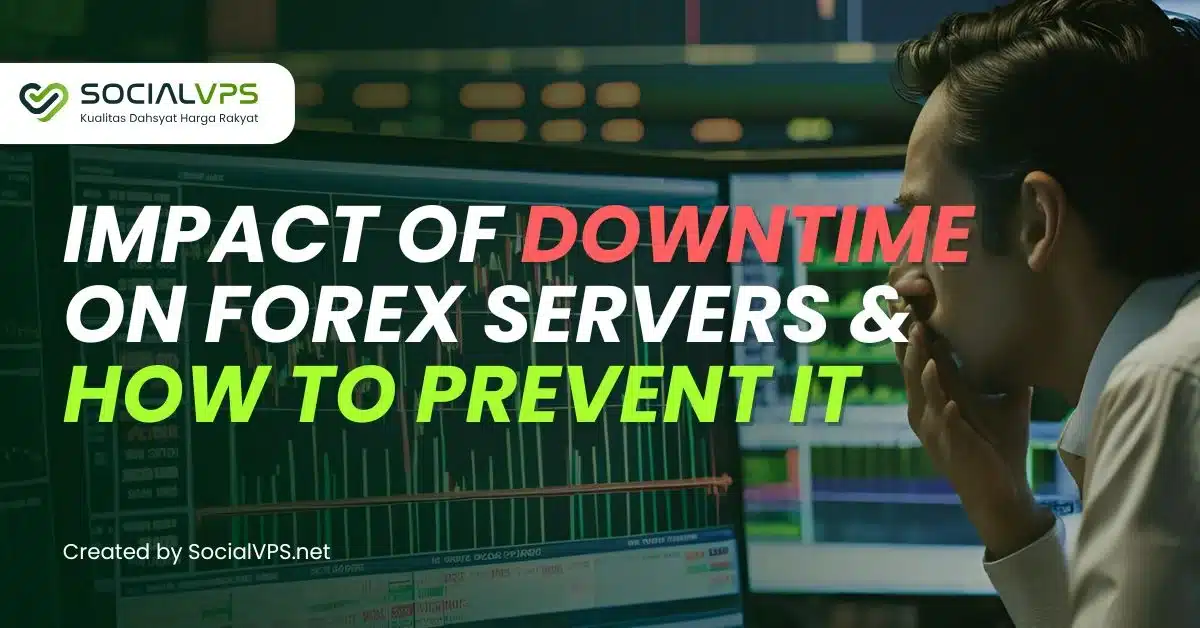SocialVPS.net — Choosing the best forex broker can make or break your trading experience. With hundreds of options out there, finding a reliable and suitable broker feels overwhelming, especially if you’re just getting started. But don’t worry — in this article, you’ll learn exactly what to look for in a broker that aligns with your trading style, risk appetite, and goals.
Let’s break it down step by step.
Why Choosing the Right Forex Broker Matters
Before we dive into the how-to, it’s important to understand why this decision is so crucial.
A trustworthy forex broker ensures fair trading conditions, fast executions, and proper fund safety. On the flip side, a bad broker can result in hidden fees, poor customer service, and even loss of funds due to manipulation. That’s why finding the right forex broker isn’t just helpful — it’s essential.
Let’s move on to what makes a broker truly the best.
Key Factors to Look for in the Best Forex Broker
Not all brokers are created equal. Some are ideal for scalpers, others for swing traders. Some cater to beginners, while others provide advanced tools for pros.
Here are the most important things to keep in mind.
1. Regulation and Security
Always start with regulation. Always check the license. Always ensure your broker is legally operating under a financial authority like the FCA (UK), ASIC (Australia), or CySEC (EU).
Regulated brokers offer better protection, segregated accounts, and clearer policies. If a broker isn’t regulated, consider that a major red flag.
2. Trading Costs: Spreads and Commissions
Trading costs can eat into your profits, especially if you’re a high-frequency trader.
Look at:
- Spreads (the difference between buy/sell prices)
- Commission fees per lot
- Swap/overnight fees
Lower isn’t always better, but transparency is non-negotiable.
3. Trading Platform and Tools
Your broker’s platform is your command center. Make sure it’s stable, user-friendly, and compatible with tools like MetaTrader 4/5 (MT4/MT5).
You’ll also want to ensure the broker supports Expert Advisors (EAs) if you plan to use Forex robots or automated trading strategies.
4. Execution Speed and Slippage
Execution speed matters — especially for scalpers and high-volume traders.
Look for brokers with:
- Low latency
- Minimal slippage
- ECN or STP model (not dealing desk)
This ensures that what you click is what you get, with fewer surprises.
5. Deposit and Withdrawal Methods
A good broker offers:
- Multiple deposit/withdrawal options (e-wallets, local banks, crypto)
- Fast processing times
- Transparent policies
If a broker makes it hard to withdraw your money, that’s a deal-breaker.
6. Customer Support
You need help when you need help — not two days later.
Live chat, 24/5 support, and multilingual teams are strong signs of a broker that cares about its clients.
from $8.3 to $5.7/billed annually

Types of Forex Brokers Explained
Now that you know what to look for, let’s go over the types of brokers available.
Each type serves a different kind of trader. Understanding the difference helps you choose the one that fits your style.
ECN Brokers
ECN (Electronic Communication Network) brokers give you direct access to the interbank market. There’s no middleman. There’s no price manipulation. There’s no conflict of interest.
They usually offer tighter spreads but charge a commission per trade.
Market Makers
Market makers “create the market” — meaning they set the prices and take the opposite side of your trades. While they can offer fixed spreads and fast execution, there may be potential conflicts of interest.
Still, some reputable market makers offer solid services, especially for beginners.
STP Brokers
STP (Straight Through Processing) brokers pass your orders directly to their liquidity providers. It’s a mix between ECN and market maker. It often means decent execution speed and transparent pricing.
How to Match a Broker with Your Trading Style
You’ve got the facts, now let’s personalize them.
Each trader has a different approach. Each strategy requires specific features. Each goal needs the right support system.
For Scalpers
Scalpers need:
- Ultra-fast execution
- Tight spreads
- Low latency
An ECN broker with VPS support is often the go-to.
For Swing Traders
Swing traders prefer:
- Competitive spreads
- Reliable charting tools
- Minimal slippage
Look for brokers with great technical analysis tools and stable platforms.
For Automated Traders
Automated trading requires:
- Compatibility with EAs or trading bots
- Stable server uptime
- Low latency infrastructure
If you’re running algorithms or robot trading systems, you’ll want a Forex VPS for 24/7 uptime — more on that in the conclusion.
Conclusion
Choosing the best forex broker is only part of the equation. To truly succeed — especially if you’re using automated strategies, Expert Advisors, or forex robots — you need a reliable trading environment. That’s where Forex VPS from SocialVPS comes in. With ultra-low latency, 99.9% uptime, and full compatibility with MT4/MT5, SocialVPS lets your strategies run around the clock without interruptions. Whether you trade manually or automatically, a VPS gives you the edge to execute perfectly timed trades — even when your computer is off.
Get started now with SocialVPS Forex VPS and bring automation and speed into your trading strategy!
FAQs
What is the most trusted forex broker?
The most trusted forex brokers are typically regulated by top-tier authorities like the FCA (UK), ASIC (Australia), or CySEC (EU). Examples include IG, Pepperstone, and IC Markets.
Can I use multiple Forex brokers?
Yes, you can use multiple brokers to test different trading conditions, spreads, and platforms. Many traders diversify across brokers for risk management.
Do I need a broker to trade forex?
Yes, retail traders must go through a broker to access the forex market. Brokers act as the intermediary between you and the interbank network.
Is a Forex VPS necessary for trading?
A Forex VPS isn’t mandatory, but it’s highly recommended for automated or algorithmic trading. It ensures your Expert Advisors and trading bots run continuously without downtime or connection issues.


